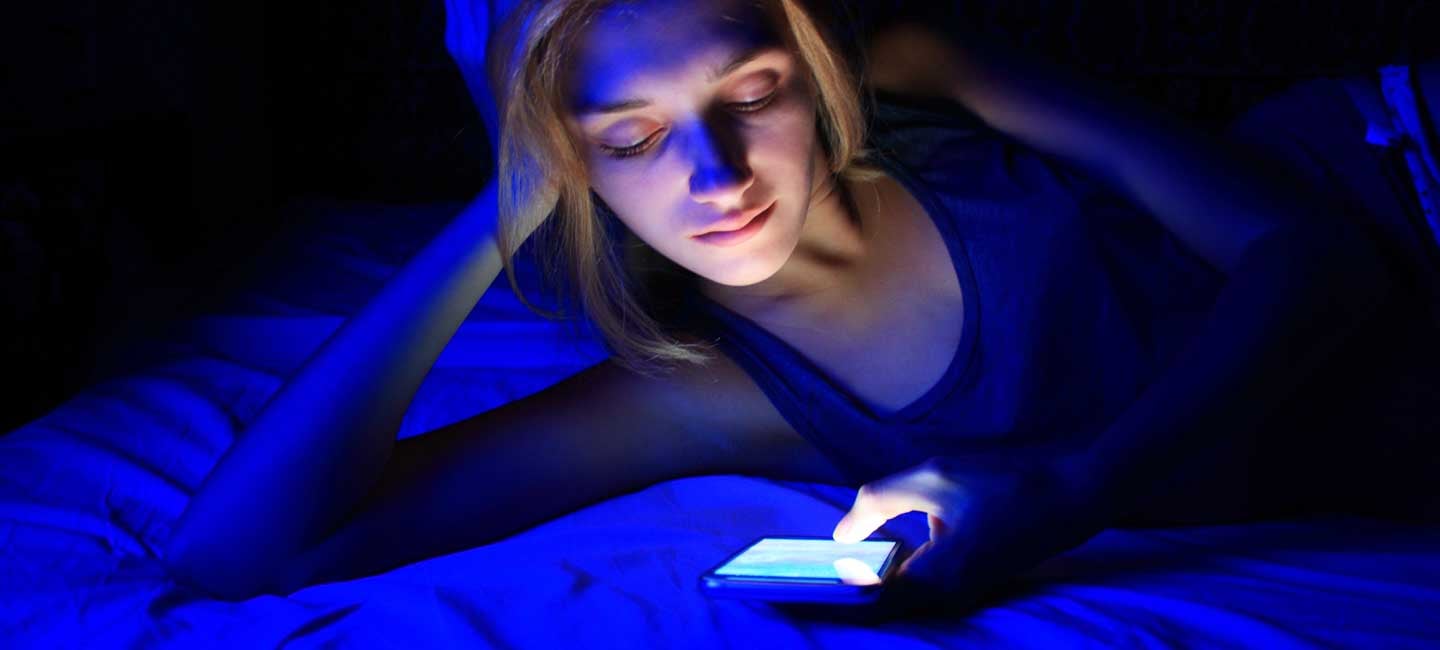Artificial Light at Night Linked to Increased Cancer Risk
If you’re reading this in bed, put down the laptop or phone.
A new study published in Environmental Health Perspectives shows that exposure to blue light, which is commonly emitted by cell phones, computer screens and even street lights, may increase your risk of cancer.

Dr. Brian D. Gonzalez
Researchers measured contact to outdoor and indoor artificial light and found blue light exposure doubled a man’s risk of prostate cancer and increased a woman’s chances of developing breast cancer by 50 percent.
Moffitt researcher Dr. Brian D. Gonzalez says blue light disrupts our circadian rhythms, confusing the body when it’s time to sleep. That disruption has been associated with an increased risk of cancer.
“For thousands of years, blue light has meant daytime,” said Gonzalez. “And suddenly we are exposed to blue light at 10 p.m., way after the sun has set. Your body is then thinking it’s daytime when it’s not, which can disrupt your biological clock.”
Gonzalez recommends limiting electronic usage at night, but if you are going to be using your smartphone, adjust the color temperature using applications like Night Shift. If you live near street lights that use blue light, you should also close your blinds.
Moffitt researchers are currently investigating more ways to improve people’s sleep.



